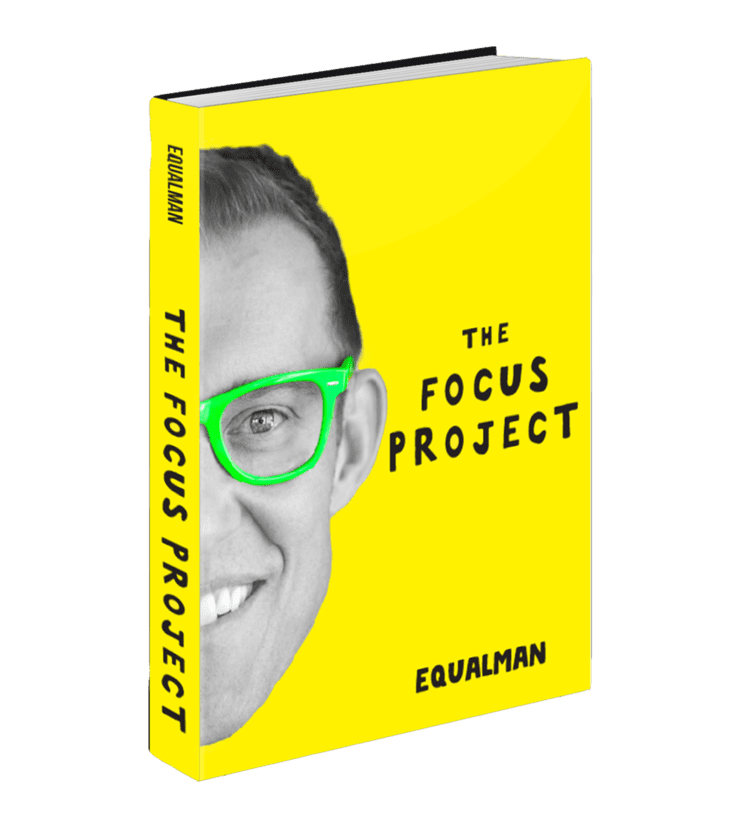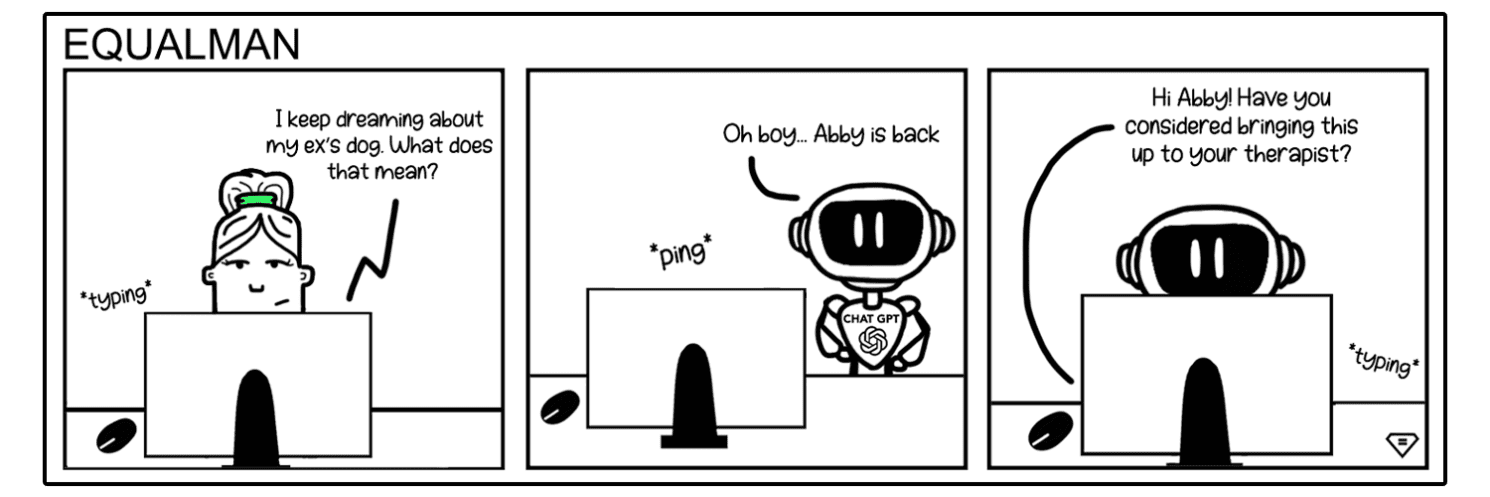No WiFly
Time pockets might be the key to your success this year. While many of us aren’t flying right now we know that WiFi on planes can be unreliable, slow, and frustrating. Typing in a cramped position with a white-hot computer inches from your waistline is not a great experience. The fact that the passenger in front of you can flop his seat back and destroy your computer is no joy ride, either. Throughout this project, if something isn’t bringing me joy or happiness, I always ask, can this be flipped? Can I flip the game? Can I flip it in my favor? This is exactly what I’ve done when it comes to flying. My new rule is zero WiFi on planes. I call it No WiFly (wouldn’t this make a great t-shirt?).
My airplane time is now dedicated to reading, writing, relaxation, and reflection. Flights immediately became more enjoyable. Flights are a necessary evil for my job as a speaker, but I no longer dread them. Now, flights are a time of processing my thoughts. Coming up with my No WiFly rule reminded me of a comment a mentor had when WiFi was first installed on planes. She said, “I love flying on planes, as it’s the only time I’m not connected, that I can have some peace. I don’t want them to start putting WiFi on planes. It would ruin this peace for me.”
At the time, I thought she was crazy—having a WiFi connection made the flight go by so much faster. Expressing this to her, I saw the all-knowing twinkle in her eye, “Ah, young grasshopper, so much to learn.”
I now fully grasp the wisdom of her words.
No WiFly & Time Pockets:
Set up these types of “time pockets” throughout your day. If you are at your child’s piano lesson, don’t mindlessly surf the Internet. Dedicate such time to reading, journaling, calling old friends, or whatever you want to do that you seem never to accomplish. For me, it’s a time for writing, relaxing, reflecting, and resting. Look for these opportunities at doctor’s office visits, commutes on the train, and other places.
Another flip-it moment for me relates to how much I enjoy writing fiction. Conversely, I have often struggled to write my business books. Identifying this challenge, I came up with a solution. Write my business books less technically and more personally, infusing them with creativity. Doing this, my joy soared, along with the readability of the book.
“Logic will get you from A to B. Imagination will take you everywhere.” —Albert Einstein

If this post helped you, please feel free to share with a friend and check out The Focus Project.
Now available on Amazon.
For more information on how to focus on what matters most, check out the Super U podcast.






